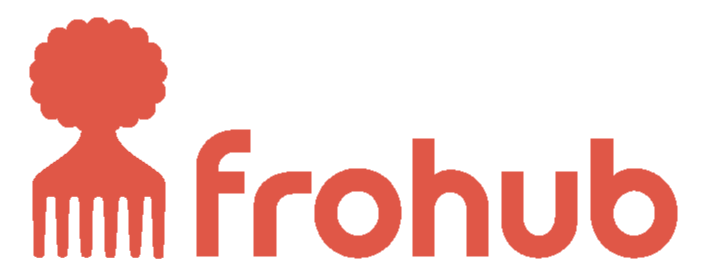As a self-employed hairdresser, financial planning is key to ensuring your business’s growth and sustainability. Without a steady paycheck, managing your income, expenses, and savings becomes crucial. Proper planning will help you stay organised, avoid financial stress, and ensure your business thrives in the long run.
Here are some essential financial planning tips every self-employed hairdresser should consider:
-
Set Clear Income Goals
Establishing income goals helps you track progress and stay motivated. Start by calculating how much you need to earn each month to cover your personal and business expenses, then set realistic targets for your revenue. Don’t forget to account for slow periods and seasonal fluctuations in your income, especially in the hair and beauty industry.
-
Create a Budget
Budgeting is essential for managing both personal and business finances. Break down your monthly income into categories such as rent, supplies, insurance, marketing, and savings. This will help you see where your money is going and identify areas where you can cut costs or increase savings. A solid budget gives you better control and prepares you for unexpected expenses.
-
Plan for Taxes
As a self-employed hairdresser, you're responsible for your own taxes. Set aside a percentage of your income each month for tax payments. A good rule of thumb is to save around 25-30% of your earnings for taxes. You can set up a separate savings account specifically for taxes, so you’re not caught off guard come tax season.
-
Save for Emergencies and Future Growth
Build an emergency fund to cover unexpected expenses like repairs, personal illness, or periods of low income. Having a cushion will give you peace of mind and protect your business from financial stress. Additionally, think about long-term financial goals, such as expanding your services, investing in your professional development, or saving for retirement.
-
Keep Accurate Financial Records
Accurate bookkeeping is vital for both business growth and tax purposes. Use the Goals section in FroHub to track and set targets for your income, expenses, and savings. By keeping detailed financial records, you’ll stay on top of your finances and make it easier when it comes time to file taxes. Ensure you categorise your expenses correctly in your accounting software, so you can claim all allowable deductions.
-
Separate Business and Personal Finances
Keep your business and personal finances separate to maintain clarity and avoid confusion. Open a separate business bank account and use it for all work-related transactions. This makes tracking business expenses and income simpler, and it will also help you during tax season.
-
Review and Adjust Regularly
Financial planning is an ongoing process. Review your financial situation regularly to see if you're meeting your income goals, staying within budget, and saving enough. Adjust your plan as necessary, especially during busy seasons or slower months, to ensure you’re on track.
Financial planning might seem daunting, but it’s a key element in building a successful self-employed hairdressing business. With a clear plan in place, you’ll be able to navigate your finances with confidence, make informed decisions, and keep your business thriving in the long term. Start with small steps, and build up to a comprehensive financial strategy that supports both your personal and business goals.
